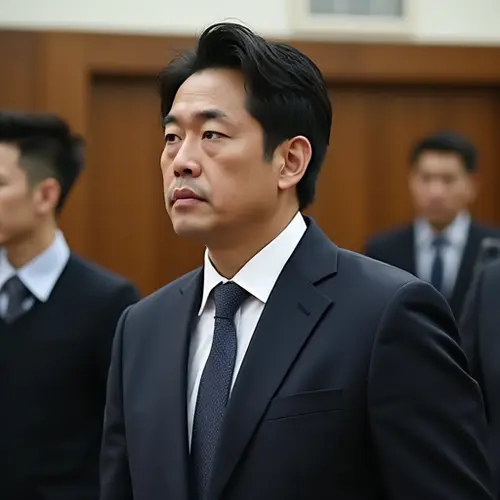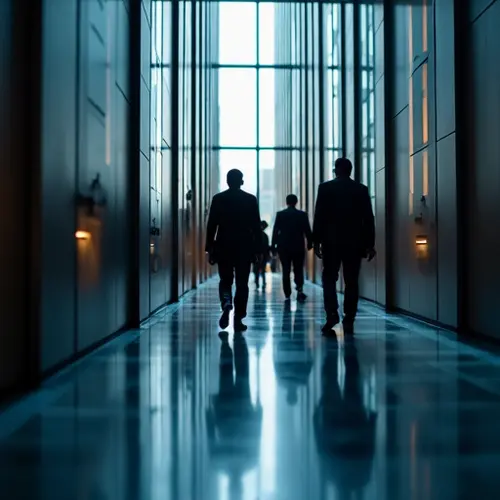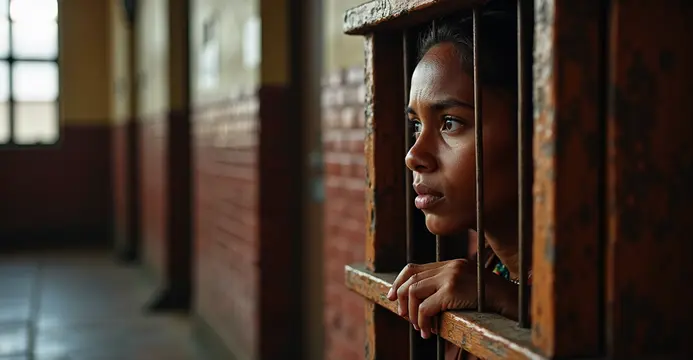
Wrongful Conviction Overturned After Decades
A Japanese court has acquitted 60-year-old Shoji Maekawa nearly 40 years after a 1986 murder conviction. The victim, a 15-year-old student, was fatally stabbed in Fukui on March 19, 1986. Maekawa, arrested in 1987, consistently maintained his innocence throughout his seven-year wrongful imprisonment.
Flawed Evidence and Coerced Testimonies
The retrial revealed unreliable evidence based on witness statements obtained under police pressure. Six witnesses originally claimed to have seen Maekawa near the crime scene, but investigators withheld a 1989 report and 287 exculpatory documents for over three decades. Critical inconsistencies emerged, including one witness account citing a TV program that wasn't broadcast that night.
Japan's 'Hostage Justice' System
This case exemplifies Japan's controversial interrogation system, termed 'hostage justice' by Human Rights Watch. Suspects can be held for up to three weeks without charge, denied legal access, and subjected to unrecorded marathon interrogations. The 2023 HRW report highlighted how this produces coerced confessions, contributing to Japan's 99% conviction rate.
Long Road to Exoneration
Maekawa briefly secured acquittal in 1990, but prosecutors appealed and secured a seven-year sentence in 1997. His legal team fought for twenty years to reopen the case. After the verdict, Maekawa stated: 'I lost half my life, but I'm grateful this day came.' He wore a hat from Iwao Hakamada, another exoneree who spent 47 years on death row.
Calls for Judicial Reform
The ruling intensifies demands for systemic changes. Japan's Legislative Council began reviewing criminal procedures in April 2025. Proposed reforms include mandatory interrogation recordings, improved legal access, and disclosure laws for exculpatory evidence. Maekawa's lawyers urged prosecutors not to appeal, calling further delays 'inhumane.'

 Nederlands
Nederlands English
English Français
Français Deutsch
Deutsch Español
Español Português
Português







